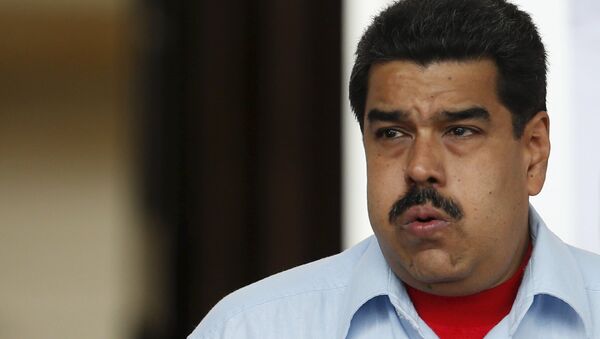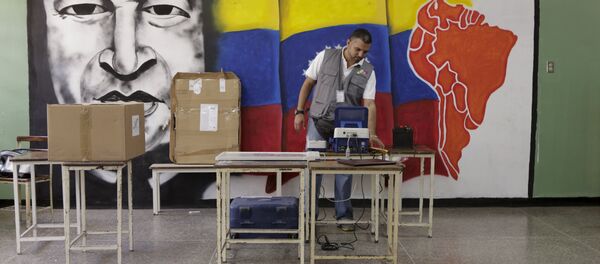"I want to organize a historical process, which will demonstrate to the entire nation the usurpation of power [by the parliament] and treason, which the National Assembly fell into," Maduro said as quoted by the Venezuelan news agency AVN.
Maduro has been facing a wave of criticism from his country's opposition; discontent with his government has spiked amid acute economic and social problems that have accompanied the marked drop in oil prices. Last year, the government attempted to implement official exchange rates and price controls amid hyperinflation, leading to a surge in black market currency transactions, long lines, empty shelves and punitive actions against retailers.
In December, Venezuelans voted out Maduro's ruling Socialist Party in the country's National Assembly elections, but the country's problems have only worsened as a regional drought has threatened both Venezuela's agricultural sector and its power supply, due to low water levels at the reservoirs that power its hydroelectric dams.
The National Assembly has urged the public to defy Maduro's efforts to declare a national emergency, and hopes to oust the President via popular referendum. Many are looking to the country's Supreme Court to overrule the legislative decision, while opposition leader Henrique Capriles has called on the army to back the legislature, in a move that some consider all-too-reminiscent of the failed 2002 US-backed coup attempt against the late former President Hugo Chavez.


